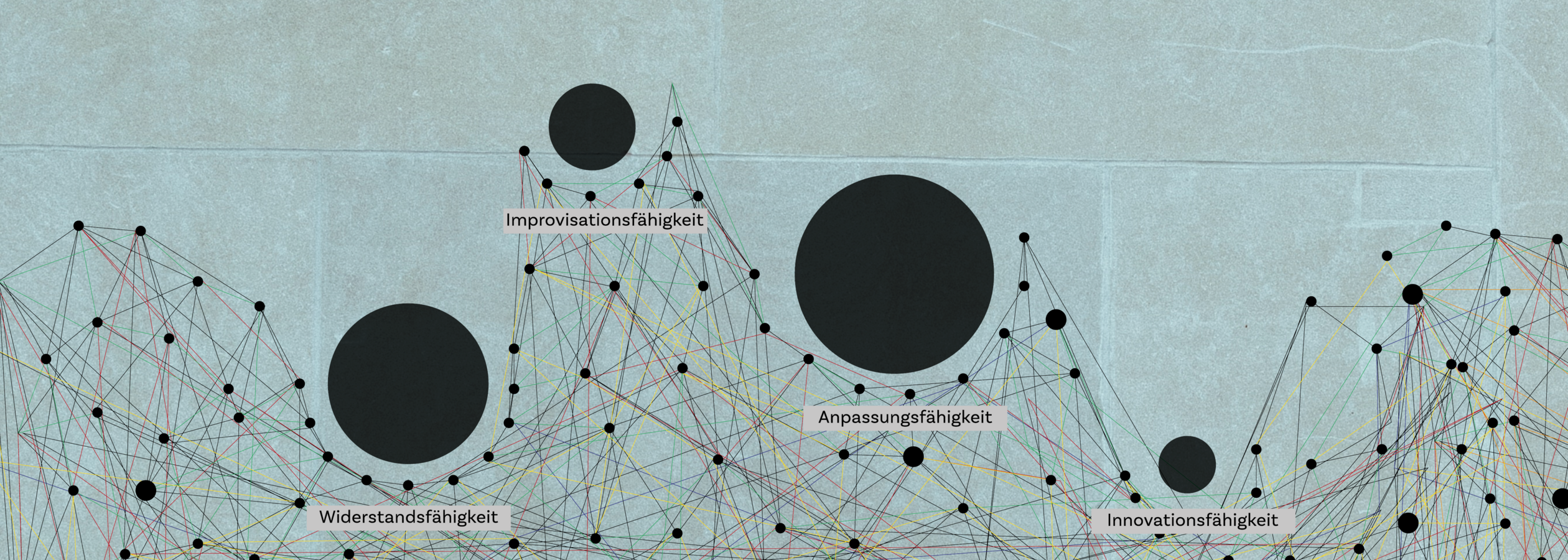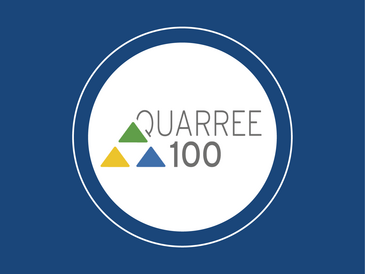After the neighbourhood research project, which was one of six projects in Germany funded by both the BMBF and the BMWK as part of the Solar Building / Energy Efficient City funding initiative, received a cost-neutral extension of two years, the project was concluded on October 24th, 2024 in Heide as part of an event for project partners and partner projects.
The project was initiated by the founder of the Resilient Energy Systems department, Prof. Dr Stefan Gößling-Reisemann, to whom we are grateful and in memory of.
A stakeholder-orientated results can be found at this link.
Furthermore, the partners in the research project have published detailed essayson the research and experience gained in the project.
In addition to many other activities in the project, the Resilient Energy Systems department is particularly responsible for the further development and support of the open energy modelling framework (oemof) and the interactive Decision Visualisation Environment Q-Scope.
Despite the fact that the project was not realised due to corporate political interests, local political dynamics and different crises affecting the course of the project, valuable contributions to science were made during the 7-year term, researchers were able to produce publications and dissertations and further developments of the Rüsdorfer Kamp and Heide neighbourhood were supported.
We would like to thank all project partners, the BMBF and especially the residents of the neighbourhood.
Moreover, we would also like to thank all the staff who worked on the project at the Resilient Energy Systems department:
Prof. Dr. Stefan Gößling-Reisemann
Dr. Torben Stührmann
Dr.-Ing. Uwe Krien
Dr.-Ing. Johannes Röder
Dr.-Ing. Mariela Tapia
David Beier
Ingrid Bode
Benedikt Meyer
Tino Mitzinger
David Unland
Lennart Winkeler


















































